Sales Team
Project quotes, partnerships, implementation

At SISGAIN, we provide healthcare software services tailored for hospitals, clinics, and healthcare startups. Recognized among the top healthcare software development companies, our expert developers create intuitive, secure, and user-friendly software that enhances patient outcomes and streamlines medical workflows.
As a premier custom medical app development company, we create secure, user-friendly mobile applications that empower patients and healthcare providers.
What We Create:
Our healthcare apps are built to enhance patient engagement, increase operational efficiency, and elevate the overall care experience.
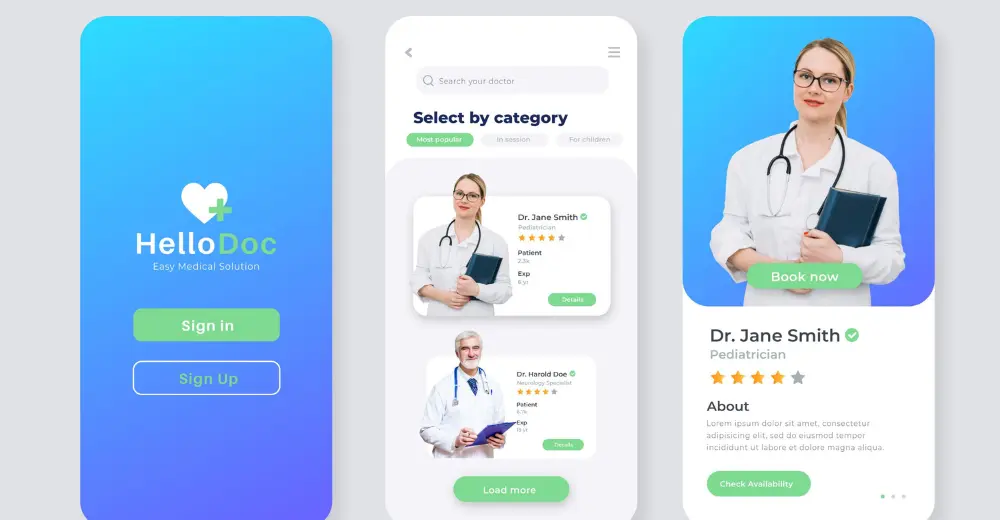
We develop advanced Clinical Decision Support Systems (CDSS) designed to help healthcare professionals make faster, more accurate decisions at the point of care. Our intelligent tools leverage cutting-edge AI algorithms and robust medical knowledge bases to deliver real-time insights, reduce diagnostic errors, and improve patient outcomes.
What We Create:
Our CDSS platforms are built to empower clinicians with smarter tools, better insights, and enhanced patient safety.
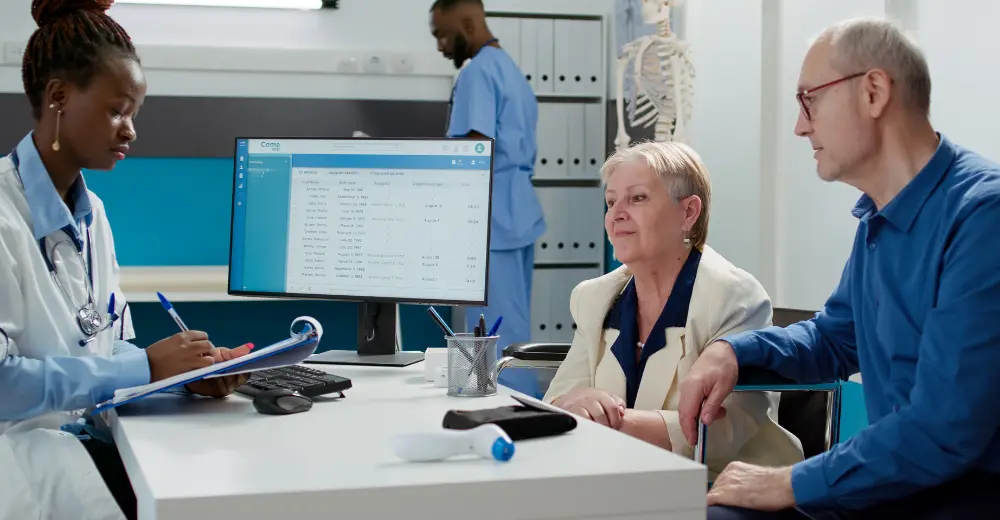
We Create EHR/EMR systems to centralize medical records, enhance care coordination, and drive operational efficiency. Designed for today's healthcare environments, our solutions enable seamless data sharing, better clinical decisions, and improved patient outcomes.
What We Create:
Our EHR/EMR systems are tailored to meet the demands of today's fast-paced clinical environments improving care, efficiency, and outcomes.
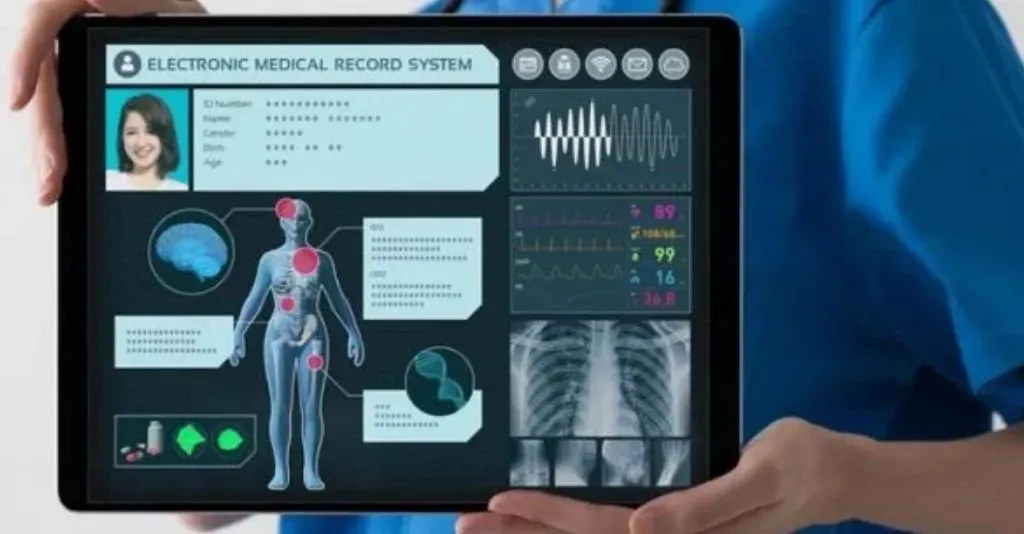
Our telemedicine software development enables hospitals and healthcare professionals to offer remote consultations and virtual care efficiently.
What We Create:
Our telehealth software helps reduce in-person visits, improve patient accessibility, and strengthen doctor-patient relationships anytime, anywhere.
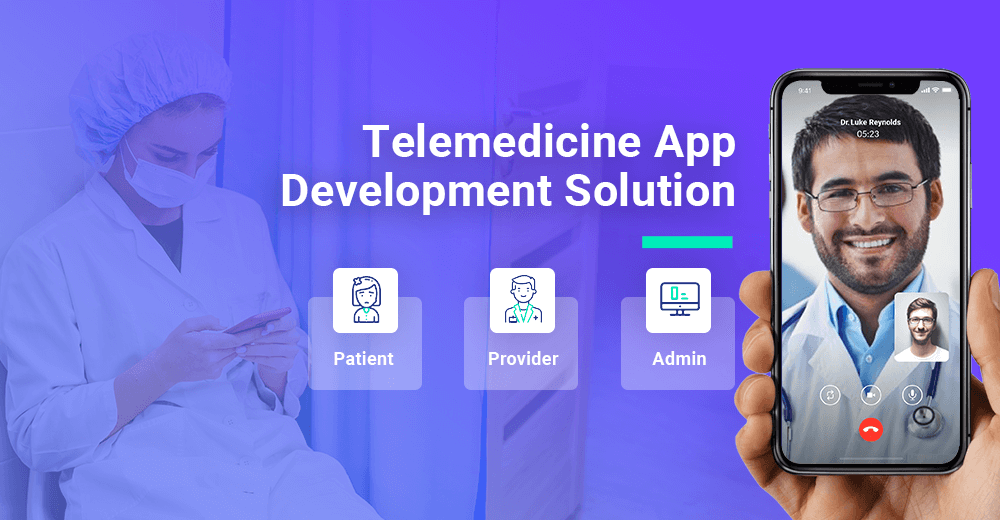
We design and develop intelligent medical billing software solutions tailored to the needs of hospitals and clinics. Our systems automate billing tasks, streamline claims processing, and optimize revenue cycle management (RCM) to ensure smooth, accurate, and profitable operations.
What We Create:
Our healthcare software services help medical institutions reduce paperwork, increase accuracy, and improve overall profitability.
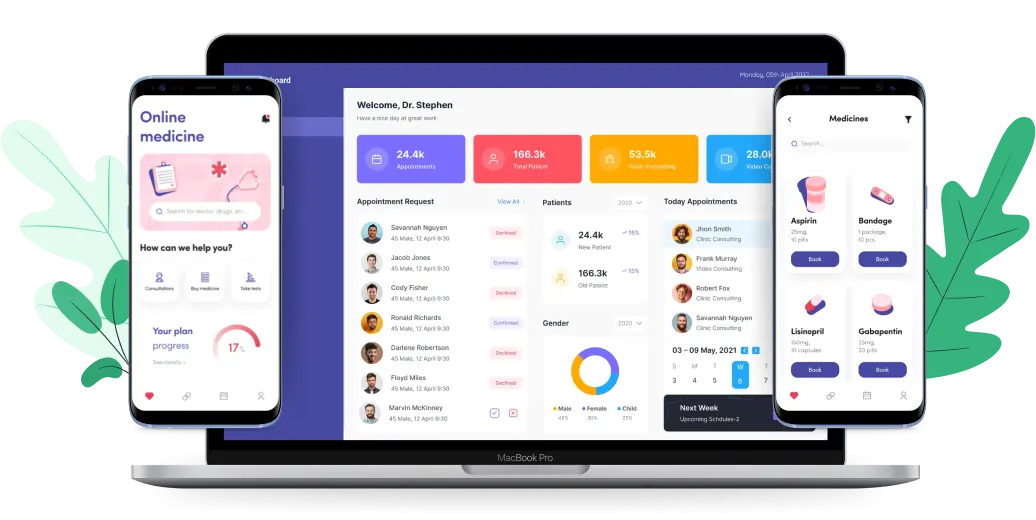
We build intelligent healthcare CRM systems that transform the way providers connect with patients. Our solutions enhance engagement, automate communications, and streamline appointment management—driving better care experiences and long-term patient loyalty.
What We Create:
Our healthcare CRM platforms are designed to improve communication, boost retention, and raise the overall quality of care.
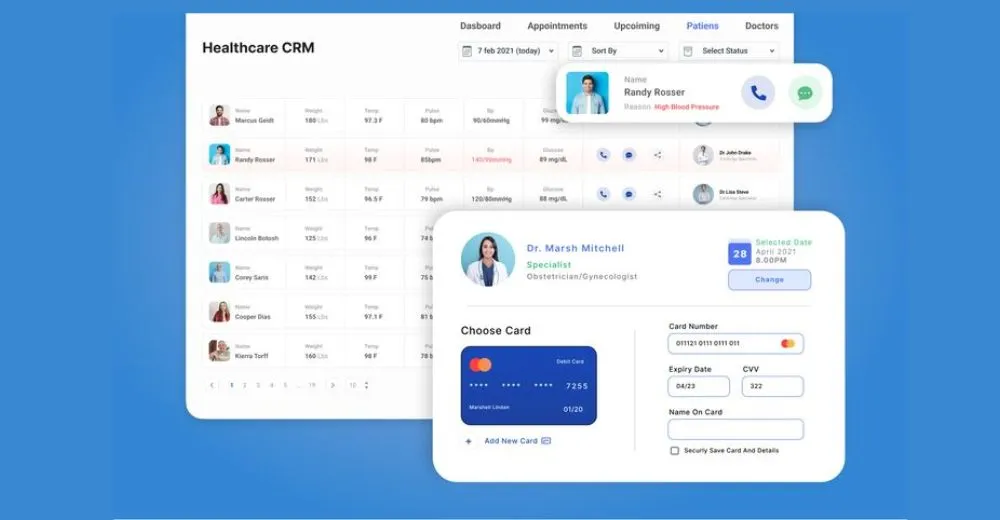
We create advanced pharmacy management solutions that simplify drug dispensing, medication tracking, and claims management. Designed for both clinical and retail pharmacies, our systems automate routine tasks to improve operational efficiency, accuracy, and compliance.
What We Create:
Our pharmacy management tools help you focus on patient safety while maximizing efficiency across your pharmacy operations.

We create advanced remote patient monitoring software that empowers patients to manage their health from the comfort of home. Our healthcare software development services in Dubai are designed to help providers deliver continuous, personalized care—enhancing outcomes and patient satisfaction.
What We Create:

We develop cutting-edge IoT medical software that empowers hospitals and clinics to track patient health in real-time and manage chronic conditions more effectively. Our solutions connect seamlessly with wearable devices and medical sensors, enabling proactive, data-driven care.
What We Create:
Our IoT healthcare software helps providers shift from reactive care to predictive, patient-first healthcare delivery.
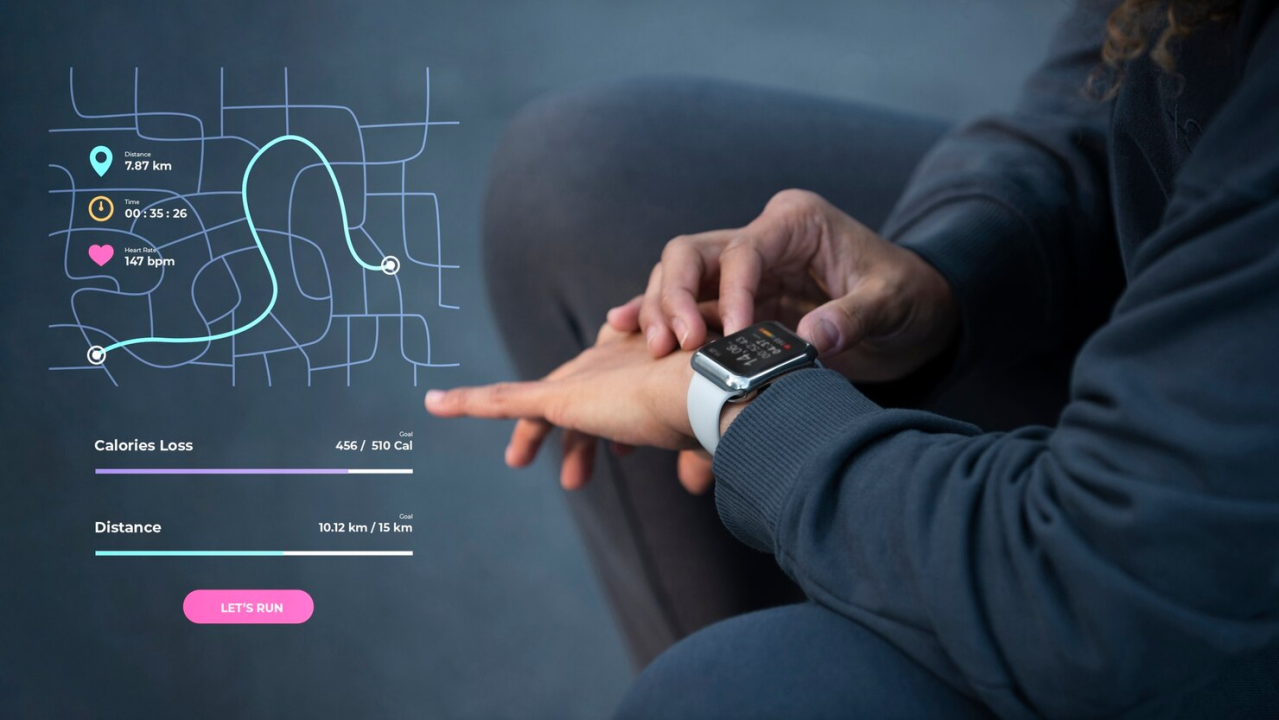

Online Appointments
HR Management
Payments and Invoices
Clinical Services
Pharmacy Management
Staff Management
Inventory Management
Record Management
Insurance Management
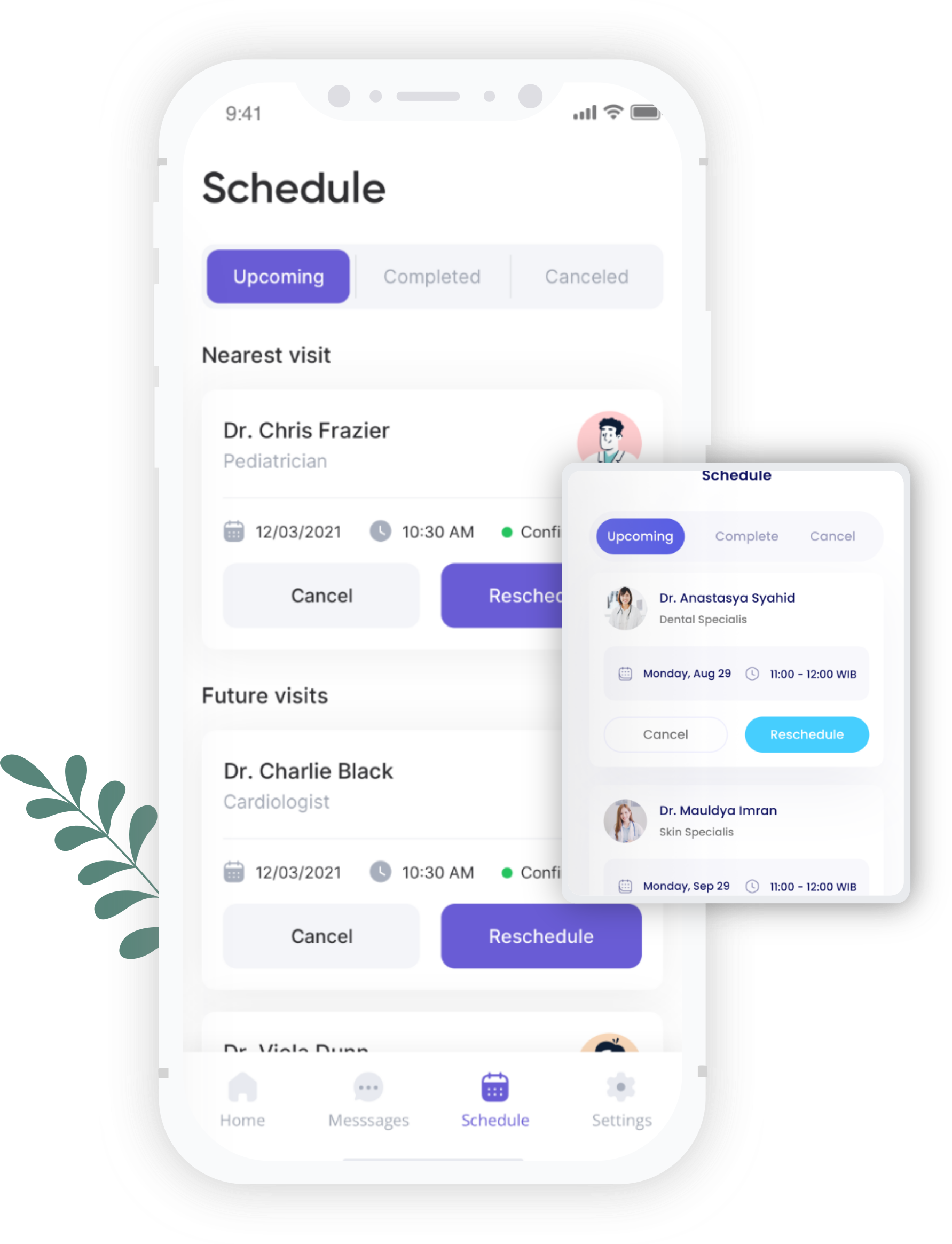
Build a powerful, on-demand healthcare app tailored to your unique business goals and patient needs. Our custom solutions come loaded with user-centric features that enhance engagement, streamline care delivery, and drive long-term loyalty in today’s fast-evolving digital health market.




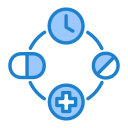





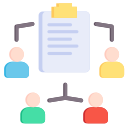



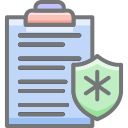



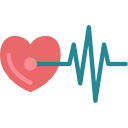






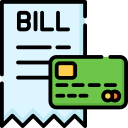
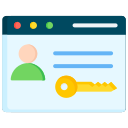

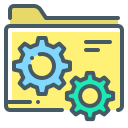

At SISGAIN, a leading custom healthcare software development company, we understand that navigating the digital healthcare landscape isn’t always easy—whether you're a seasoned healthcare provider or just stepping into the field. That’s why we don’t just build apps, we create custome medical apps that solve real-world problems, reduce risks, and unlock growth. Below are the most common challenges faced in software development in healthcare, and how we transform them into profitable opportunities using cutting-edge healthcare software services.

Launching or expanding a healthcare practice requires substantial capital investment — from infrastructure and workforce to complex physical systems. This is where custom healthcare app development delivers measurable value. Our strategically engineered digital solutions streamline operations, eliminate manual inefficiencies, and empower healthcare providers to scale sustainably without incurring excessive operational costs. As one of the trusted software companies in dubai, we design technology that transforms financial pressure into long-term growth opportunities.
Opportunity Created:
We build secure, cloud-based, and highly scalable healthcare platforms that significantly reduce overhead expenses while enabling you to serve a broader patient base. Our solutions are designed to maximize operational efficiency, maintain strict cost control, and support continuous expansion in a competitive healthcare landscape.
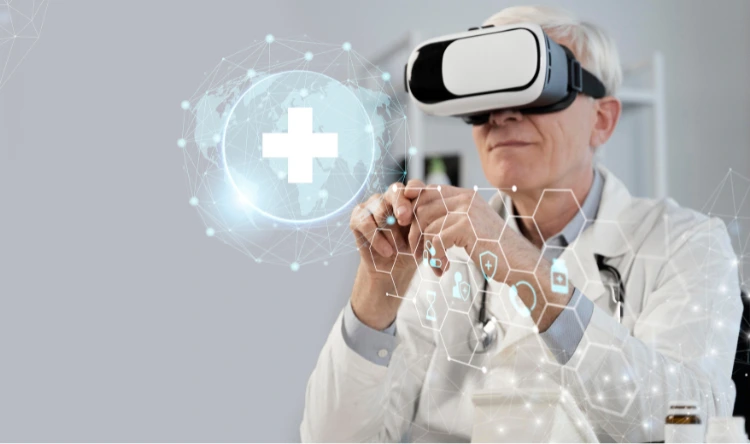
Unlike other medical app development companies, we know how saturated and competitive the global healthcare industry has become. Standing out requires more than just expertise — it requires innovation.
Opportunity Created:
SISGAIN builds differentiated, AI-powered customised medical apps that offer unmatched patient experience, compliance, and functionality, helping your brand outshine others in the crowded global market.

Traditional offline healthcare setups often struggle to scale revenue efficiently. Limited reach, manual operations, and lack of digital tools can suppress profits.
Opportunity Created:
We help you overcome these barriers with performance-driven healthcare software services that automate billing, enable teleconsultations, and unlock new revenue channels with ease. Our focus is on building software that helps all-scale healthcare providers generate better ROI.

Handling sensitive patient data through manual processes or fragmented systems leads to inefficiency, data breaches, and compliance issues.
Opportunity Created:
We build centralized, HIPAA-compliant custom healthcare software development solutions that securely manage patient records, streamline operations, and support accurate data insights for better clinical outcomes.

Running a healthcare practice without clear analytics or KPIs can slow decision-making and patient service delivery.
Opportunity Created:
Our intelligent dashboards and reporting tools deliver real-time operational and clinical insights—right from patient behavior patterns to staff efficiency metrics. With SISGAIN, healthcare providers gain the visibility they need to make smart, fast decisions.

Smaller clinics and new entrants often face difficulty competing with large institutions and may lack the resources to scale quickly.
Opportunity Created:
As a top medical app development company, we build strategic digital solutions—telehealth platforms, appointment systems, RCM tools—that directly contribute to faster revenue generation. Our solutions are engineered to help healthcare providers scale smarter, not harder.
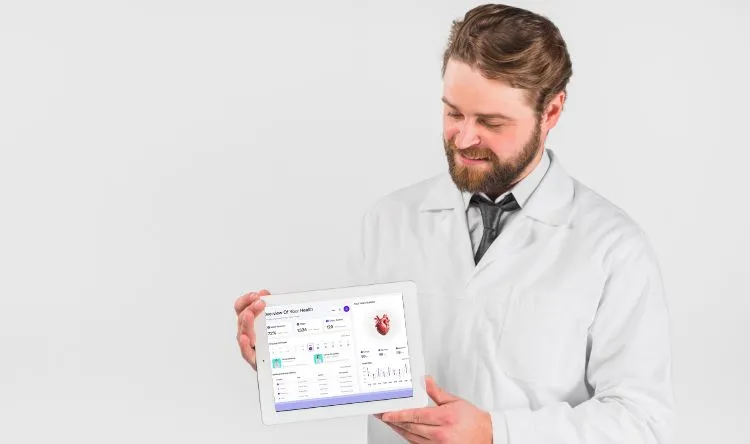
At SISGAIN, we don’t just develop software — we build digital healthcare solutions that solve real problems and deliver measurable results. Whether you're struggling with high operational costs, patient data mismanagement, or limited revenue streams, our team is here to turn those challenges into growth opportunities.
As a trusted custom healthcare software development company, we tailor every project to fit your unique needs, ensuring compliance, security, and scalability from day one.

0+ Years of Proven Success
0+ Healthcare Projects
A Custom Healthcare Software Development Company specializes in designing and developing tailored software solutions for healthcare providers, including hospitals, clinics, and medical organizations.
Custom healthcare software enhances operational efficiency, reduces manual processes, and improves patient management with features like EHR integration, telemedicine, AI-powered analytics, and automated billing.
A custom medical app should include EHR management, telemedicine, AI-driven diagnostics, IoT integration, secure data encryption, and compliance with healthcare standards.
Healthcare software services prioritize data security with end-to-end encryption, role-based access control, blockchain security, and regular security audits.
Healthcare software development benefits hospitals, clinics, telemedicine providers, pharmacies, and medical research institutions.
SISGAIN provides secure, scalable, and custom-built healthcare solutions, including HIPAA-compliant software, AI-powered healthcare analytics, and telemedicine platforms.
The cost depends on app complexity, platform compatibility, required integrations like EHR or telehealth, and compliance with regulations.
A basic app may take 3-6 months, while a complex solution with AI and IoT integration can take up to a year.
Yes, SISGAIN provides post-launch support, including updates, security enhancements, troubleshooting, and scalability improvements.
Contact SISGAIN at +971 56-848-5757 or email hello@sisgain.ae for a free consultation to discuss your requirements.
At SISGAIN, we’re passionate about helping businesses like yours overcome challenges and reach new heights. We work closely with companies in a variety of industries, tailoring our solutions to fit your specific needs. Our team is dedicated to providing exceptional service and helping you succeed in today’s competitive marketplace. Let’s work together to create solutions that make a real difference.
HTML
CSS
Javascript
Bootstrap
ReactJS
NextJS

Typescript
Figma
Tailwind
Material UI

Jquery
Javascript
NodeJS
Laravel

Python


PHP

Django

Spring Boot

iOS

Android

ReactNative


Xamarin

Kotlin

Swift

Unity 3D

MySql

MongoDB

Oracle


PostgreSQL

MariaDB

MS SQL

SQL Lite

Selenium

Maven

Cucumber


Jira

NLP

Deep Learning


ChatGPT

Chatbot

AWS

Azure

Google Cloud

Kubernetes

MS Team

Slack

Zoom

Google meet

Illustrator

Git hub

Git lab

Trello
Choose SISGAIN for innovative solutions that drive results. Our expert team combines cutting-edge technology with personalized service to meet your unique needs. With a focus on quality and client satisfaction, we deliver projects on time and within budget. Work with us to elevate your business and achieve your goals seamlessly. Experience the SISGAIN difference today!
Expert Team
We bring industry knowledge and cutting-edge solutions together to address complex business needs effectively.
Transparent Process
We bring industry knowledge and cutting-edge solutions together to address complex business needs effectively.
End-to-End Services
From planning to deployment, we deliver complete solutions tailored to diverse business requirements.
On-Time Delivery
We focus on precision and efficiency to complete every project within agreed timelines and standards.
Multi-Domain
Our expertise spans multiple industries, enabling us to build solutions that suit varied business models.
24x7 Support
Dedicated assistance is available round the clock to resolve issues and maintain seamless operations.

Book a Free Consultation Call with Our Experts Today
Project quotes, partnerships, implementation
Open roles, referrals, campus hiring